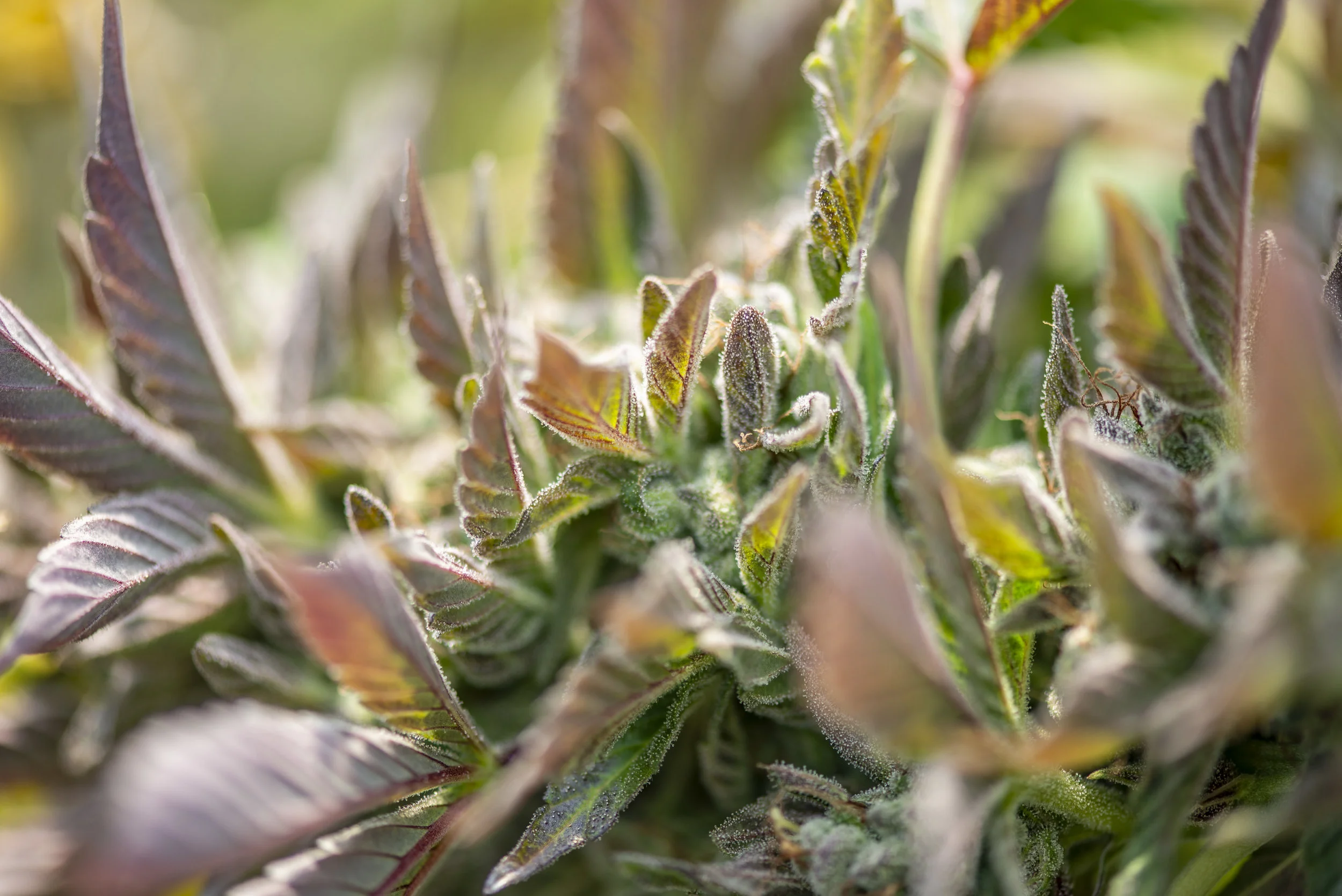Some say cannabis helps pull them out of depression, and a few admit that they feel a bit more depressed if they use it. What is the real story of cannabis and depression?
Read MoreUsing THC every night to get good sleep may not work forever, or may require increasing doses to remain effective.
Read MoreCannabis has been used throughout history to treat the pain that comes with rheumatoid arthritis. Recent studies show that THC has pain reducing qualities, and both THC and CBD have anti-inflammatory effects.
Read MoreNausea and vomiting are protective defense mechanisms in the human body, and short-term episodes can be therapeutic, though miserable. But what if nausea is not short-term? What if it is an unavoidable side effect, or chronic, with no relief in sight?
Read MoreIndica and sativa have become common terms in cannabis culture, but what do these words actually mean? And is that related to anything that they have come to refer to?
Read MoreWe know that cannabinoid receptors are particularly dense in the central nervous system, and while we do not yet completely understand all the mechanisms that explain the anti-seizure effects of cannabis, we do have theories.
Read MoreWith courage and persistence over many years, Vicki and Aubrie have figured out what works best for Aubrie’s epilepsy, and were eager to have me tell their tale.
Read MoreTo use the whole plant and all it has to offer, or to isolate the known active ingredients and package them as medicine? This is becoming a valid question as the medical cannabis industry grows.
Read MoreMultiple sclerosis (MS) is a chronic disease of the central nervous system (the brain and spinal cord). Cannabis has been identified as a promising treatment option for MS because it addresses symptoms as well as aspects of disease progression.
Read MoreIn the purest sense, harm reduction strategies are efforts to reduce the effects of any harm that comes our way, whether that harm comes from natural causes, such as the inevitable break-down and need for repair of organic matter, or from external causes. such as injury, disease, or well-intentioned medical treatments.
Read MoreMedicinal cannabis is unique because dosing is patient-centered, self-titrated, and takes time for patients to find the right dose where therapeutic effects are maximized while adverse effects minimized.
Read MoreThere is clear evidence that cannabinoids can be an effective palliative care option for cancer patients.
Read MoreCannabis is a valuable ally in preventing brain injury. CBD and THC both decrease the release of glutamate, thus sparing the neurons from excitotoxicity and cell death.
Read MoreIt is known that cannabinoids reduce inflammation, and inflammation is often associated with seizures.
Read MoreCannabis is a complex plant medicine containing over 100 known compounds.
Read More














